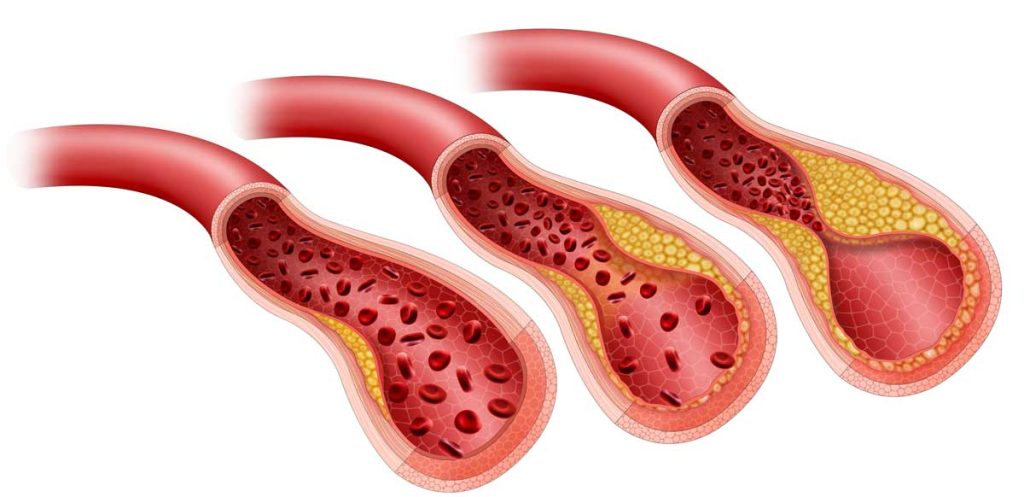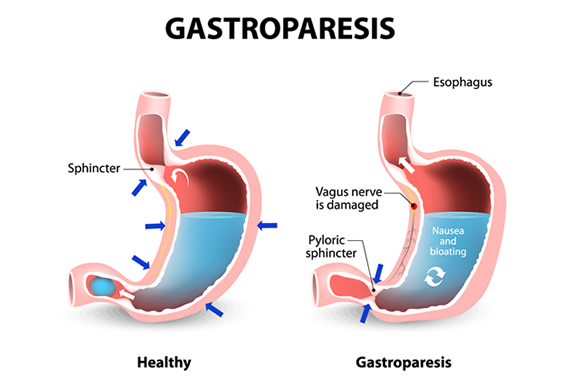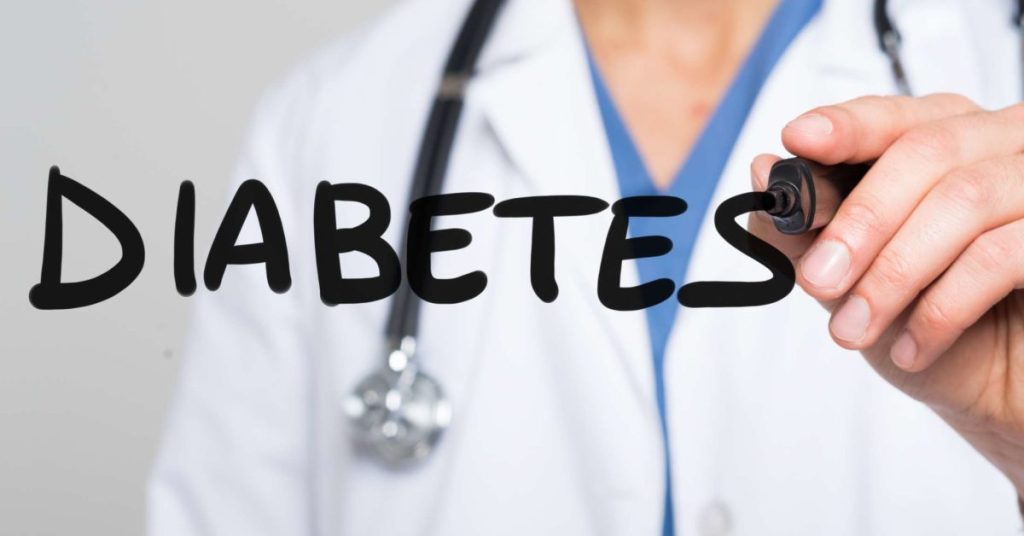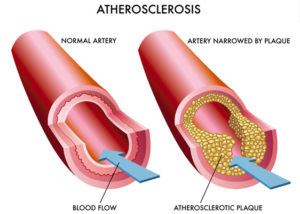Challenges of Insomnia in an individual’s life.
What is Insomnia?
Millions of individuals all around the world constantly experience insomnia, a sleep problem. A person with insomnia has trouble getting to sleep and staying asleep. Depending on their age, adults, according to the Centers for Disease Control and Prevention (CDC), require between 7-9 hours of sleep every night.

According to research, 25% of Americans report having insomnia each year, although 75% of these people do not go on to have a chronic condition. Short-term insomnia can cause daytime weariness, attention problems, and other issues. Long-term, it could raise the risk of contracting certain illnesses.
An insomniac has trouble getting to sleep or staying asleep. They might often get up too early.
This may result in problems like:
- Lethargy and tiredness during the day
- an overall sense of being physically and mentally ill
- anxiety, impatience, and changes in mood
Additionally, the aforementioned problems may be causes, effects, or both of insomnia.
In addition, chronic illnesses like the following may be influenced by insomnia:
- obesity
- diabetes
- a cardiovascular condition
- depression
It can also impair a person’s effectiveness at work and school and restrict their capacity to carry out daily tasks.
Causes of insomnia
There are many different medical and psychological causes of insomnia. Frequently, a transient issue, such as transient stress, is the root reason. In certain other cases, an underlying medical problem is the cause of the sleeplessness. Typical causes include
- dealing with any additional adjustments to the body’s internal clock, such as jet lag, shift changes at work, or other circumstances
- If it prevents sleep, it could be the bed being uncomfortable, the room being too hot, cold, or noisy, or taking care of a family member.
- getting insufficient exercise
- experiencing nightmares or nocturnal terrors
- utilising drugs for fun, such cocaine or ecstasy
Some people experience insomnia as a result of stress or a mental health condition. A person might be going through:
Other medical disorders that may interfere with sleep include:
- Irritable bowel syndrome
- excessive thyroid activity
- nap apnea
- GERD, also known as gastroesophageal reflux disease
- COPD, also referred to as chronic obstructive pulmonary disease
- chronic pain
Sleeping problems are frequently caused by signs of various health problems or by changes in the natural world. For instance, hormonal changes during menopause might cause night sweats, which can keep you awake. Sleep patterns are disturbed or altered in patients with Alzheimer’s disease due to abnormalities in the brain.
Additionally, some people experience fatal familial insomnia, a rare genetic disease that makes it difficult to fall asleep and may possibly be fatal.
Symptoms of insomnia
In addition to interrupted sleep, insomnia can result in various problems, including:
- daytime drowsiness or weariness
- irritation, sadness, or worry
- signs of the digestive system
- low dynamism or motivation
- insufficient focus and attention
- an absence of coordination that results in mistakes or accidents
- anxiousness or fear about sleeping
- using sleeping pills or booze
- stress headaches
- having issues working, learning, or socialising
According to experts, sleep deprivation is a major contributing factor in car accidents.
Types of insomnia
Depending on the duration, insomnia can be categorised as follows:
- A short-term issue is acute, brief sleeplessness.
- It may take months or years to overcome chronic insomnia.
The causes are also classified by doctors:
- A problem in and of itself is primary insomnia.
- Secondary insomnia is brought on by another medical condition.
They also categorise it according to severity:
- Mild insomnia is characterised by a lack of sleep that causes fatigue.
- Daily functioning may be impacted by moderate insomnia.
- Life is significantly affected by severe sleeplessness.
When determining the kind of insomnia, doctors also take into account additional variables, such as whether the patient regularly wakes up too early or experiences difficulty:
- a sound slumber
- remaining in bed
- getting quality sleep
Treatments
Depending on the underlying issue and the type of insomnia, several approaches may be best, however some possibilities include:
- counselling
- CBT stands for cognitive behavioural therapy.
- medicines on prescription
- several over-the-counter sleep aids that can be purchased online
- Melatonin, which can be purchased online as well
Melatonin may promote sleep, however there isn’t enough convincing evidence to support this claim.
REFERENCES:
- https://www.healthline.com/health/insomnia
- https://www.medicalnewstoday.com/articles/9155
- https://www.mayoclinic.org/diseases-conditions/insomnia/symptoms-causes/syc-20355167
- https://www.webmd.com/sleep-disorders/insomnia-symptoms-and-causes
- https://my.clevelandclinic.org/health/diseases/12119-insomnia
For more details, kindly visit below.







